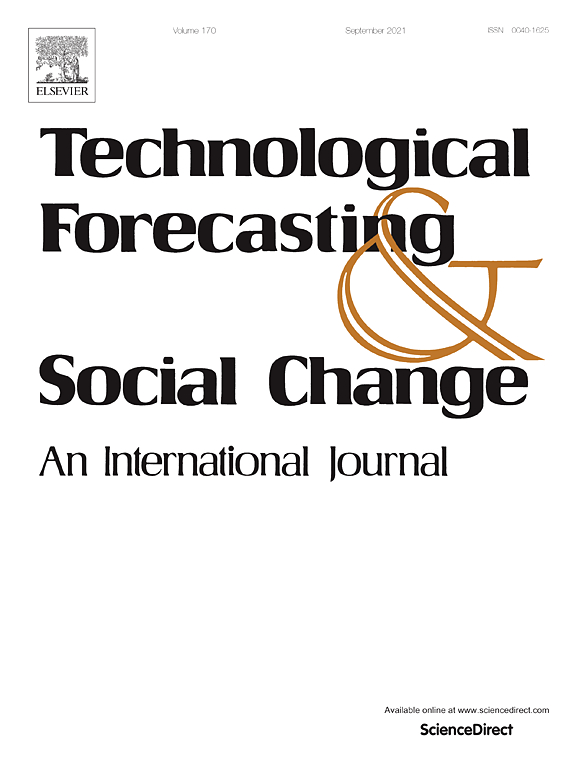Research Papers/Articles

Analysing Acceptability of E-rickshaw as a Public Transport Innovation in Delhi: A Responsible Innovation Perspective
2021
Author(s): Singh DR, Mishra S, Tripathi K
The Electrical (E)-rickshaw as of the many emerging technologies for e-mobility has witness critical and challenging issues like sustainability, accountability and responsibility while it becomes one of the new transportation means in India.
Steering a Green, Healthy, and Inclusive Recovery through Transport
2021
Author(s): Fried T, Welle B, Avelleda S
This report assesses how countries, cities, and companies have allocated funds, directed policies, or implemented activities that have an impact on the transportation sector.
Vehicle-to-Grid (V2G) in India: Potential and Scope for Driving EV Adoption
2021
Author(s): Narain Y
With a variety of supply and demand side steps to increase their uptake, India has committed to expanding the number of Electric Vehicles (EVs) in its motor fleet. The importance of Vehicle-to-Grid (V2G) technology in driving EV adoption in the country is examined in this White Paper.
Green Vehicle Rating Methodology
2021
Author(s): Tyagi B, Kumar S, Sasidharan C, Saraswat J, Varun BR
. This paper presents the approach, assumptions, and analytical process used to calculate the ratings in Green Vehicle Rating (GVR)Phase-II.
The surge in carbon dioxide (CO2) emissions from the transport sector is a growing concern globally, given its enormous impact on environment.
India's Electric Vehicle Transition Over the Years
2021
Author(s): Deshpande T
‘Lovebird’, the first electric vehicle (EV) in India, was launched in 1993 by Eddy Current Controls. Equipped with a lead–acid battery, which took eight hours to charge fully, the two-seater car had a driving range of 60 km per charge.
In India, the electrification of the transportation sector is considered a vital strategy to reduce greenhouse gas (GHG) emissions and air pollution. Therefore, the central and state governments have introduced policies, financial schemes, guidelines, and standards to accelerate the uptake of electric vehicles (EV).
Strategies for Deploying Zero-Emission Bus Fleets: Route-Level Energy Consumption and Driving Range Analysis
2021
Author(s): Dallmann T, Delgado O, Jin L, Minjares R, Gadepalli G, Cheriyan CA
The broad goal of this study is to support transitions to zero-emission bus fleets and identify the least-cost approaches for widespread procurement and deployment of these technologies.
Willingness to Pay and Attitudinal Preferences of Indian Consumers for Electric Vehicles
2021
Author(s): Bansal P, Kumar RR, Raj A, Dubey S, Graham DJ
This study contributes to the EV demand literature in the Indian context by (a) analysing the EV attributes and attitudinal factors of Indian car buyers that determine consumers' preferences for EVs, (b) estimating Indian consumers' willingness to pay (WTP) to buy EVs with improved attributes, and c) quantifying how the reference dependence affects the WTP estimates.
Getting to India’s Electric Vehicle Targets Cost-Effectively: To Subsidize or Not, and How?
2021
Author(s): Shrimali G
In the context of India’s ambitious electric vehicle targets, the author examines two related questions. First, which electric vehicles should be funded based on lifetime costs? Second, which subsidy option would be the most cost-effective based on lifetime subsidies?



